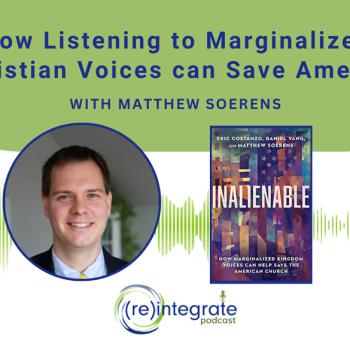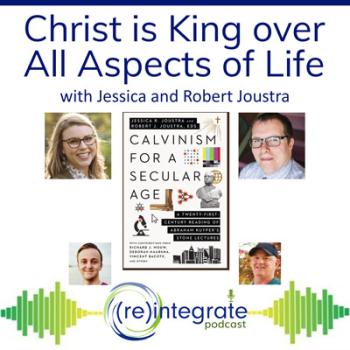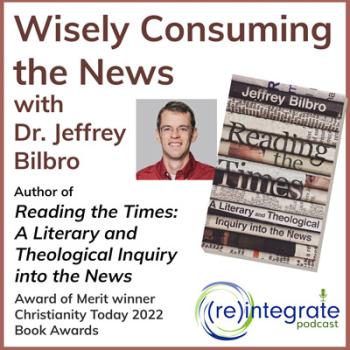My friend Gideon Strauss once asked those that frequent the website for The Center for Public Justice to answer this question:
“What do American evangelicals need most, today, to help us discern our political responsibilities?”
Here’s what I think we evangelicals need most:
We need to rise above punditry. Instead of letting the political pundits from the far right or far left persuade us with shallow and harsh arguments, we need to think long and hard about issues, putting Christ first ahead of our political viewpoints.
We need to speak with civility. Punditry has made an art form out of uncivil dialogue. It is now seen as entertaining to castigate your opponents rather than to thoughtfully engage them. Christians are even guilty of this kind of contentiousness. If we are to move forward with our political responsibilities, we cannot treat others in such a way, for it is the opposite of true political discourse.
We need to think globally and act locally. Christianity is not an American religion, and America must not be seen as a mythical “Christian Nation.” Christianity does not equate to Americanism. Christianity crosses all boundaries, all nations, all tribes, all tongues. Our politics must be done with global concerns in mind. However, our politics is done locally – not only in our own nation, but in our own cities and neighborhoods.
We need to remember that “God is not a Republican or a Democrat” (to borrow from Jim Wallis and Sojourners). But this slogan has been warped over the past couple of years to mean something that it should not mean: “God is not a Republican – so let’s go over to the Democratic Party instead.” It should mean that Christians are above any party politics, and that if either party wants our vote, they must legitimately deal with the issues that concern us. And if they want our participation in their party, they must allow us an equal place at the table. If not, we are not blindly loyal, and they will lose us. We need the political leverage that comes from being loyal to Christ rather than political party.
We need to understand the diverse ways that “liberal” and “conservative” are used. Liberalism and Convervatism can mean different things in different contexts. What are we talking about? Political? Social? Theological? The difficulty is when we conflate all these together under one banner, and therefore increase our difficulty in analyzing the issues of each in their particular context. In other words, why can’t one be “conservative” theologically, be “liberal” in societal issues, and be something else politically? (Or any other mix? Or in variations on the spectrum based on the particular issue?) It would be great if Christians could identify themselves in these diverse ways, rather than with one term across the board.
We need to modify our understanding of the role of religion in politics, clearly never inferring a theocratic paradigm. Political candidates have increasingly spoken “religious talk,” pandering to the many Christians who simply believe that if we have a person of faith in office, God will then bless and divinely lead us. But this is simply too shallow for a truly Christian political philosophy. It doesn’t take seriously God’s “Common Grace” in political institutions, and is simply ignorant of the neocalvinist idea of “Principled Pluralism.” We must seek to find biblical principles of justice that apply without preference for anyone’sprofessed faith over any other, accepting that we live in a diverse society.












